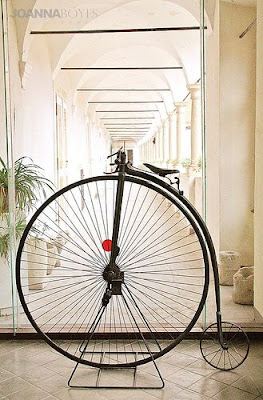The PINK SOFA loves to celebrate a debut novel, so when Amanda Saint suggested paying the Writing Garret a visit, it was delighted. Even though her new book As If I Were A River does not feature upholstery, it is overjoyed to host her and to introduce her to you. (Hint: more sofas in the next one please Amanda)
''For as long as I can remember, I wanted to be a writer. One of my earliest memories of writing creatively outside of school work is when I was still in primary school and one summer I took over the garden shed and turned it into my ‘study’. Once I had it all set up how I wanted it I wrote a play for my friends to perform. But I was too scared to let anyone see it so it never made it out of the shed.
But for a long time, from secondary school onwards, I didn’t write much at all. When I left school I worked in a used car dealer office, on call centres, in a pie shop, for British Rail, as a data entry clerk, and did a long stint as a temp office bod flitting about to various businesses all over Berkshire and answering phones and doing a lot of filing, while I spent my out of work hours partying.
I started writing again in my late 20s after I got married in December 2000 - initially this was for my day job working on magazines writing features and news. Then I spent many years moving about often for my husband’s work. Three years were spent in three different cities in New Zealand where I did a range of temping jobs again that were completely unrelated to writing, from working as a logistics clerk in a wheelchair factory to being a PA, albeit not a very good one!
When we moved back to England I started working with words again as a communications manager – first for Microsoft UK then for a high-profile Labour government quango in Westminster. But the desire to tell my own fiction stories never went away and in the end I had a virtually constant stream of characters writing themselves in my head, so I finally started putting them to paper again.
 |
| Amanda's debut novel |
In the first class I went to in 2010, I write the first scene of what turned out to be my first published novel. I’d gone there with an idea of a woman whose husband went missing and it just started from there. I had no idea of where it was going or what I was doing, but I learned along the way. Since then my short stories and flash fictions have been longlisted, shortlisted and won literary competitions and widely published in magazines and anthologies.
I became self-employed and started working as a freelance features journalist, mainly writing about green issues and sustainability as these are subjects I am passionate about. Then a few years later I started my own creative writing business, Retreat West, running retreats, courses and competitions. I also became homeless in 2014 and have been moving around house sitting for people ever since. My husband’s work again enables us to do this and he manages the land and animals we look after while I write.
All of these experiences, and more, appear in all of the stories I write. Including my debut novel, As If I Were A River, which was launched on 11th April 2016. It starts in England and ends in New Zealand; my main characters live in London and Lancaster – both places I have spent a few years living in. It does tell the story of a woman whose husband goes missing but in the writing it turned into much more than that and it’s about choices, and whether we live the lives we want to or the ones that just happen to us.''
‘Amanda Saint’s debut novel is a juicy Pandora’s Box of mysteries and revelations.’
Alison Moore, Man Booker Prize-shortlisted author of The Lighthouse
You can get a copy of As If I Were a River on the Urbane Publications website urbanepublications.com and on Amazon.
You can find out more about Amanda on her website http://www.amandasaint.net/ and follow her on Twitter @saintlywriter and Facebook: https://www.facebook.com/AmandaSaint.Author/ …












